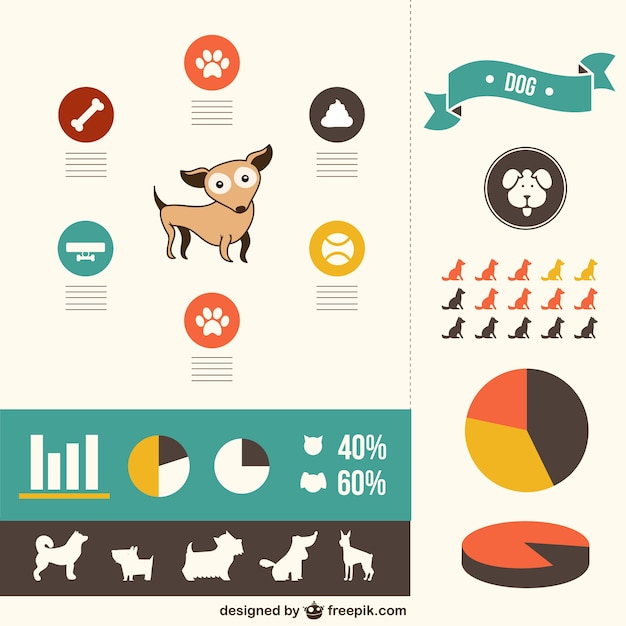How To Make Dog Daycare Fun
How To Make Dog Daycare Fun
Blog Article
Can Canine Childcare Reason Health Problem?
Pet dogs in day care receive great deals of workout, socialization with other pets and special experiences. This can be especially useful for puppies and pets with behavior issues.
There are several legal considerations you need to think about when beginning a doggy daycare company. These include the framework of your service and conformity with federal government laws.
1. Canine Distemper
Canine distemper is spread through direct contact with the bodily fluids and waste of a contaminated pet dog, yet it can additionally be transmitted through shared water and food bowls or through airborne droplets. This extremely infectious health problem is most unsafe for puppies, but it can impact dogs of any age and is fatal for many if left neglected.
Preliminary signs of canine distemper usually resemble an acute rhinitis, including runny eyes and nose with watery or pus-like discharge. As the disease progresses, a canine will develop fever, coughing, reduced appetite, vomiting and diarrhea. The virus can also attack the nervous system, resulting in seizures, twitching and partial or complete paralysis.
Trusted day cares decrease exposure to infection by requiring vaccinations, routine health examinations and follow rigorous health methods. If your dog appears excessively worn out or hopping, a day of rest may help him recover, but you need to stay clear of taking him back to daycare till these signs and symptoms clear.
2. Kennel Coughing
Kennel coughing, likewise referred to as infectious canine tracheobronchitis or Bordetella, is a highly contagious viral or microbial condition that influences the breathing tract. It's typically transferred through the exchange of saliva or air beads that an unwell pet dog exhales. Social canines are at greater threat for infection because of their frequent interaction with each other, such as when they play, share food or water, smell each other or just meet in a crowded environment like a pet park or childcare.
One of the most typical symptom of kennel cough is a relentless and powerful cough that sounds like something embeded the throat or retching. Usually, pet dogs will cough up foamy white phlegm. If left without treatment, a canine can develop pneumonia and be at significant danger forever.
A trusted daycare center must have stringent cleaning and hygiene procedures, sterilize all toys, food and water bowls consistently, and be open regarding their vaccination policies. Maintaining your canine up to day on their vaccinations, specifically for bordetella and canine flu, will considerably reduce their chances of getting the disease.
3. Parvovirus
Canine parvovirus, or parvo, is a very transmittable viral disease that can be deadly for pups and young adult dogs with inadequate immune systems. It's most commonly spread out by direct contact with infected pet dog feces-- which can happen when pet dogs sniff, lick, or preference contaminated feces-- and indirectly from contaminated individuals, items, or environments (like kennels, brushing rooms and grass). Young puppies and dogs without total vaccination backgrounds are dog boarding and kennels especially at risk to parvo.
The infection is extremely resistant, surviving in the setting for as much as 9 years, and can quickly be transferred in between dogs by call through feces or on footwear, clothes, and bed linens contaminated with parvovirus. Otherwise treated quickly with IV fluids, electrolyte equilibrium, vomiting control drugs and antibiotics to avoid secondary microbial infections, a dog will quickly dehydrate and establish severe looseness of the bowels, which leads to shock and blood poisoning. Parvo is difficult to treat as soon as a canine has actually become ill, yet with appropriate vet treatment, numerous pups do survive this ailment.
4. Canine Flu
Canine influenza infection is highly transmittable and spreads through straight call, sharing food and water bowls, licking or nuzzling other pets, through air-borne beads, and through infected surfaces. Vaccination works in reducing the danger of infection and outbreaks.
A lot of influenced canines establish a mild breathing infection with a coughing that lasts 1-3 weeks. They may likewise have nasal and eye discharge, sneezing, and lethargy. A few of one of the most serious situations cause pneumonia and a high fever.
If your dog displays any one of these symptoms, do not bring them back to day care till they are healthy. If your canine is revealing signs of extreme tiredness or limping, talk to your vet immediately and make certain they get on healthiness supplements to aid construct their resistance. A vet will certainly examine your pet for signs and symptoms of the influenza by taking an example from the nose or throat, and blood examinations can be done to verify.